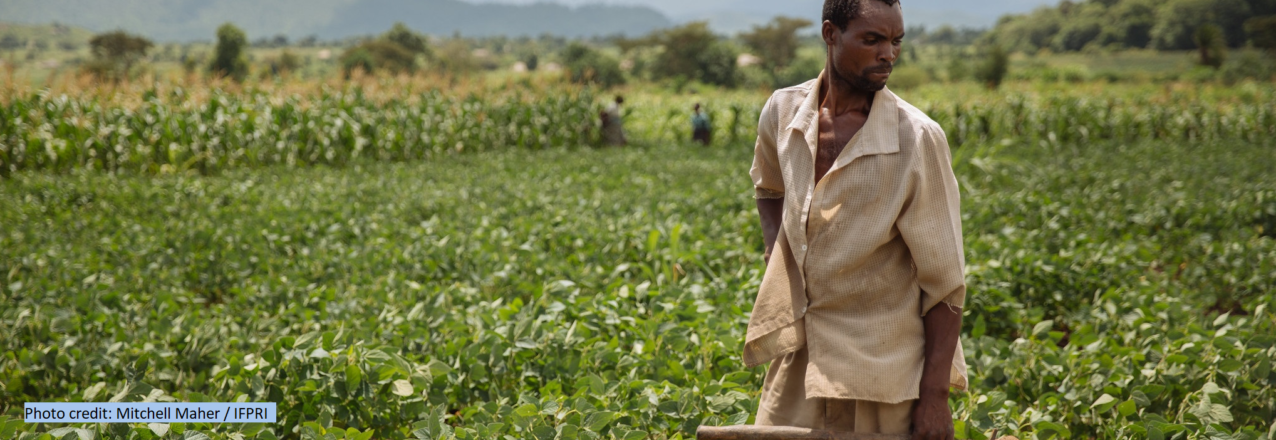Time: 10-11 AM EST
Presenter: Hosaena Ghebru, Research Fellow, International Food Policy Research Institute (IFPRI)
Moderator: Frank Place, Director, PIM
Organizer: CGIAR Research Program on Policies, Institutions, and Markets (PIM)
Access to land and land tenure security are increasingly important for young people in Africa where population pressure has reduced the land frontier. In this webinar, we will discuss findings from a recent set of studies in Ethiopia, Malawi, Mozambique, and Nigeria that examined land access and perceived tenure security across various market, ecological, demographic, and cultural dynamics. A key finding is that, despite positive policy reforms at the national level, implementation has been weak and uneven within countries. As a result, land rights of the most vulnerable groups – poor smallholders, women, and migrants – have often eroded under the pressures of growing population, commercialization of agriculture, and commodification of land. These groups are particularly vulnerable since their rights over land are often subsidiary and undocumented.
The lack of proper enforcement and implementation of the reform process, mainly due to the lack of financial and technical capacity, as well as rent-seeking and corruption, continue to undermine the position of vulnerable groups in sub-Saharan Africa vis-à-vis land. The results of the studies emphasize the need for more pragmatic and endogenous policy reform processes, which account for the local administrative capacities, to ensure the sustainability of programs and interventions. The presentation concludes with a discussion of how the research teams are feeding their findings into ongoing policy discussions.
REGISTER TO PARTICIPATEPresenter
 Hosaena Ghebru (Ph.D) is Research Fellow at the Development and Governance Division of the International Food Policy Research Institute (IFPRI). Dr. Ghebru undertakes applied microeconomics research with a focus on property rights, land markets, and investment incentives. He is also specializing in gender-disaggregated impact evaluations of various land policy and governance reforms, assessing how those influence agricultural productivity and contribute to sustainable land management and intra-household welfare and bargaining power in selected African countries, including Nigeria, Mozambique, Ghana, Ethiopia, and Uganda. Dr. Ghebru is also coordinator of the “Monitoring and Evaluation of Land governance in Africa” (MELA) project, a pilot initiative designed to track progress in implementation of the African Union’s Declaration on Land Issues and Challenges in 10 selected African countries (Cote d’Ivoire, the Democratic Republic of Congo (DRC), Madagascar, Malawi, Niger, Nigeria, Rwanda, Tanzania, Uganda, and Zambia).
Hosaena Ghebru (Ph.D) is Research Fellow at the Development and Governance Division of the International Food Policy Research Institute (IFPRI). Dr. Ghebru undertakes applied microeconomics research with a focus on property rights, land markets, and investment incentives. He is also specializing in gender-disaggregated impact evaluations of various land policy and governance reforms, assessing how those influence agricultural productivity and contribute to sustainable land management and intra-household welfare and bargaining power in selected African countries, including Nigeria, Mozambique, Ghana, Ethiopia, and Uganda. Dr. Ghebru is also coordinator of the “Monitoring and Evaluation of Land governance in Africa” (MELA) project, a pilot initiative designed to track progress in implementation of the African Union’s Declaration on Land Issues and Challenges in 10 selected African countries (Cote d’Ivoire, the Democratic Republic of Congo (DRC), Madagascar, Malawi, Niger, Nigeria, Rwanda, Tanzania, Uganda, and Zambia).


